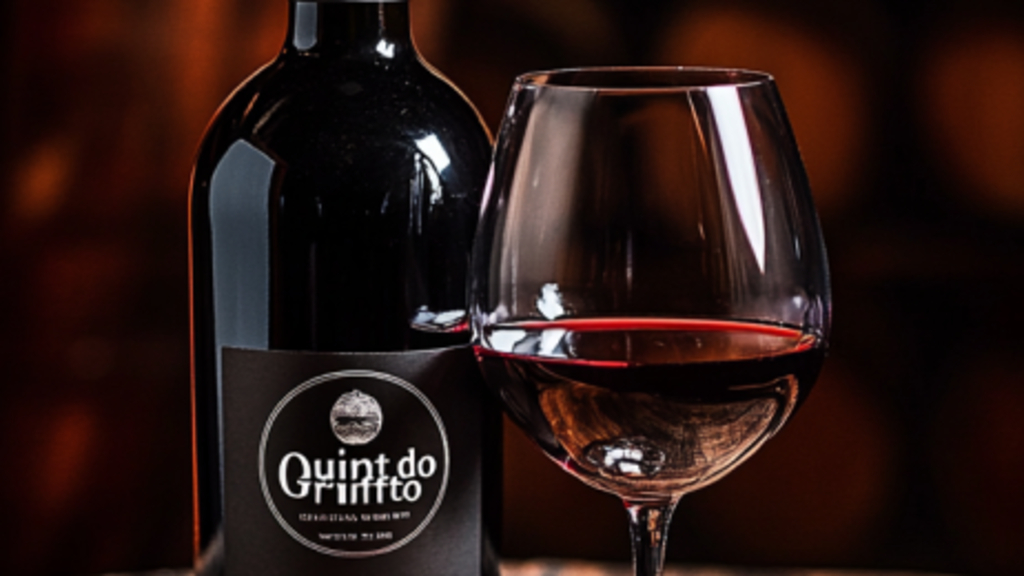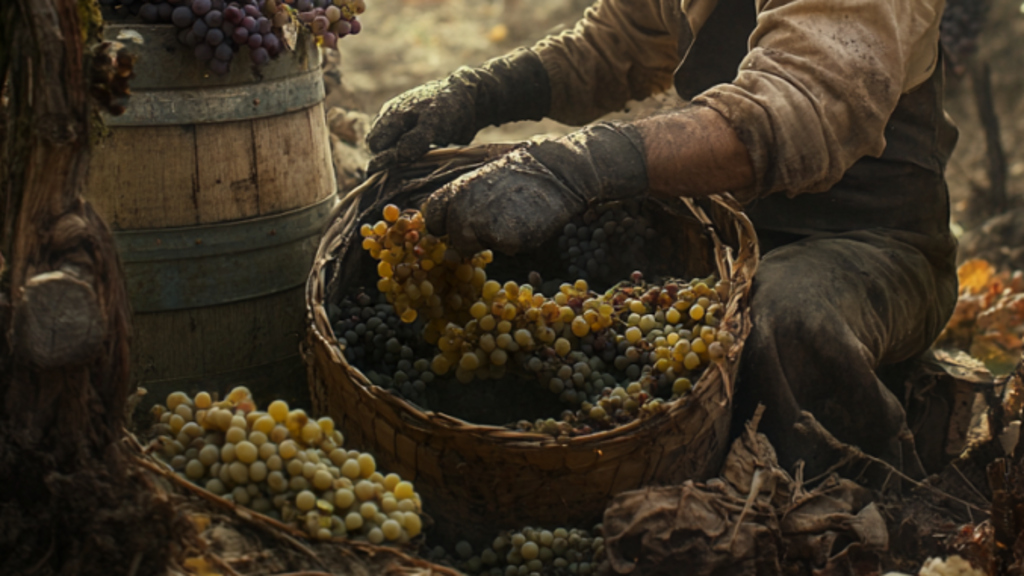The Vegan Approach to Wine
What really makes a Wine Vegan

The term "vegan" is now widely discussed. This trend is also making its way into wine production. Although wine is made from a plant-based product, animal-derived ingredients often play a role in traditional winemaking.
Aren't all wines vegan?
Wine is made from grapes, but in traditional winemaking, animal-derived ingredients are often used. There is no difference between the grapes for conventional and vegan wines during cultivation. The key difference appears only during the vinification: animal products are used to "clarify" the wine of sediments. These sediments, which come from grape skins among other sources, can negatively impact the wine's taste.
The Clarification of Wine
Those who delve into winemaking will quickly discover that animal proteins have been used for centuries in the wine clarification process. Even the ancient Romans practiced this method: a substance is added to the wine that binds sediments through coagulation (the clumping of proteins or other components) so they can be separated and removed.
The most commonly used clarifying agents include egg whites (for red wine), milk proteins (for white wine), isinglass (fish bladder), gelatin, bentonite, pea protein, cereal, or potato starch. Some of these are animal products.
But what does "clarification" mean? When egg whites or gelatin are added to a cloudy wine, the proteins bind the particles and settle at the bottom of the barrel or tank. The clear wine can then be drawn off from the top. While nothing should remain of the animal products in the finished wine, they do come into contact with it. For those committed to a vegan diet, this is something they want to avoid.
Differences in Production
During cultivation and harvesting, grapes for conventional and vegan winemaking are the same. It is only during production, specifically after fermentation, that the process determines whether the grapes will be processed into a vegan product. After fermentation, both white and red wines undergo clarification and filtration.
Clarification and filtration remove sediments and cloudiness, resulting in clearer wines. They also eliminate some unpleasant odors. However, some aromatic compounds can be lost, which alters the wine's flavor profile. Some wines are even marketed as unclarified and unfiltered.
In white winemaking, the high-absorption mineral clay "bentonite" is typically used. Not every production process uses animal proteins, so some wines, such as white wines, might already be vegan even if not labeled as such.
Vegan red wines are treated with non-animal-based clarifying agents, such as bentonite, vegetable gelatin, or plant-based proteins like pea or potato protein. The traditional, but lengthy, sedimentation process eliminates the need for any agents. Winemakers wait for at least a year for the wine to age in tank or barrel, allowing yeast and other particles to settle, making clarification and filtration unnecessary.
As with many other processes, it is possible to avoid animal-based agents in winemaking.
Difference Between Vegan and Vegetarian

Both vegan and vegetarian wines must not use any animal-based agents during vinification. However, vegetarian wines can still use milk and egg proteins, as well as fish bladder from organic animal farming, for clarification.
Is Vegan Wine a Quality Indicator?
One question often overlooked in discussions about vegan wine is whether a vegan label guarantees good wine quality. Experts say the clear answer is no.
As discussed in our article about organic wines, a "Vegan" label says little about the quality of the wine. It provides information about the production method and ingredients but is also a marketing tool. Furthermore, a vegan wine doesn’t have to be organic.
Many wines are already vegan even if not labeled as such. What should be on a wine label can be reviewed here.
Cheers 🍷


